An open letter signed by concerned university academics argues that the public case for AUKUS has yet to be made, and calls on the government not to proceed with the development of a nuclear-powered submarine (SSN) capability for Australia until issues raised are addressed.
Read moreTag: Strategic autonomy

Democracy militant: strategic autonomy and Europe’s lessons for Australia
The Europeans won’t join with the like-minded allies massing behind America’s banner of democracy militant. While they will add theirs to other voices standing up for human rights, international laws and norms, and multilateralism, the EU won’t follow Biden’s clarion call into an all out multi-spectrum confrontation with China. Is there a lesson here for Australia?
Read more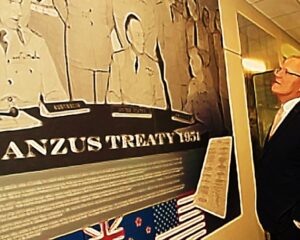
Strategic capitalism, strategic autonomy and Australia
The Biden administration will be unable to avoid continuing America’s fierce competition with China. It also will find that, like-minded and democratic or not, most states will have distinct national interests and will seek to act autonomously, dancing between the feet of the battling giants, trying to extract or leverage the best price for their allegiance and alignment in the Chinese-US competition. With a deep past investment in the US hegemony, Australia is awkwardly placed as this new age of strategic capitalism unfolds.
Read more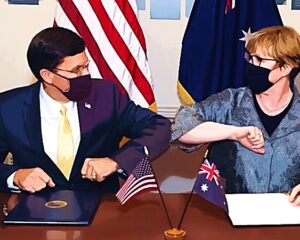
The open secret of US war plans: what does Australia know?
The influence of the US in Eurasia will continue to falter, and as its economic, diplomatic, and moral potency dwindles, America’s military will become its primary asset. In America’s strategic logic, loss of leadership demands a military response – and the nature of the military preparations for war on a recognised emerging Asia hegemon are now well known. While the trajectory to war is not irreversible, and the step to launching a war is huge, the consequences would be calamitous. Is Australia complicit in the preparations?
Read more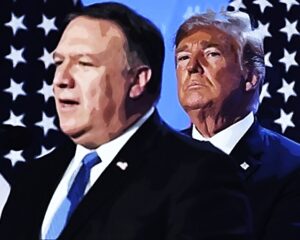
An alliance of democracies: with the US or for the US?
US Secretary of State Mike Pompeo has called for an “a new grouping of like-minded nations, a new alliance of democracies”. By bringing together its European and Asian allies under American leadership, the US hopes to bring them into line with its own China strategy. But an “alliance of democracies” would not really be an alliance with the US – it would be an alliance for the US, to further the American interest, to which the interests of its allies would inevitably end up being subordinated.
Read more
Australia-China July monthly wrap up | On being ‘very different countries’ – AUSMIN and China’s rise (Australia-China Relations Institute)
ACRI’s Elena Collinson and James Laurenceson present a useful summary and analysis of major developments in July 2020. The authors’ observations about Australia-China and Australia-US trade issues are a welcome contribution to an area often long on rhetoric and short on analysis. Professor James Curran sees reason for optimism in an assessment of the state of the Australia-China relationship in light of the comments of Australian ministers Payne and Reynolds at the AUSMIN 2020 talks in Washington. But has Australia done enough to distance itself from the US’s confrontational stance with China? Or will Australia-China high-level channels of communication “continue to stagnate”?
Read more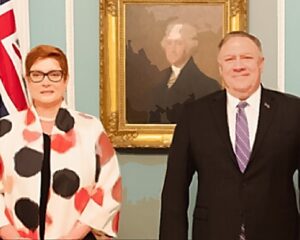
AUSMIN 2020: confirmation of Australia’s abandonment of strategic autonomy?
Australians should not take comfort from recent government statements around the Australia-US Ministerial Consultations – claims that Australia makes its own decisions, its own judgments, in the Australian national interest, in order to uphold Australia’s security, prosperity and values. Reassuring words are the slippery province of diplomacy. Strategic policy is founded in force structure and force posture.
Read more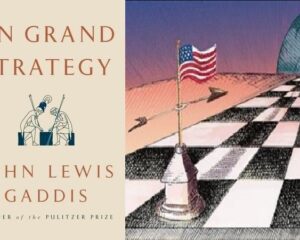
Rising powers: grand strategies, balance of power and Australia
Grand strategies are the territory of great powers, while other states see their strategic independence incorporated into another state’s grand strategy. The comfort that Australia embraced while enclosed in an American grand strategy can’t last, and hard choices lie ahead. In the shifting power balance, Australia will need to recover its autonomy.
Read more
Australia’s strategic quandary: political leadership and the abandonment of strategy
Australia’s strategic quandary emerges from its status as an ally to a great power. If it abrogates its responsibility to set national policy aims by joining in a coalition in which one great power antagonist determines the goals of the war it cannot claim to have a strategy. It cannot claim to be linking Australia’s national priorities to the military actions. Its fate would be in the hands of its great power ally.
Read more